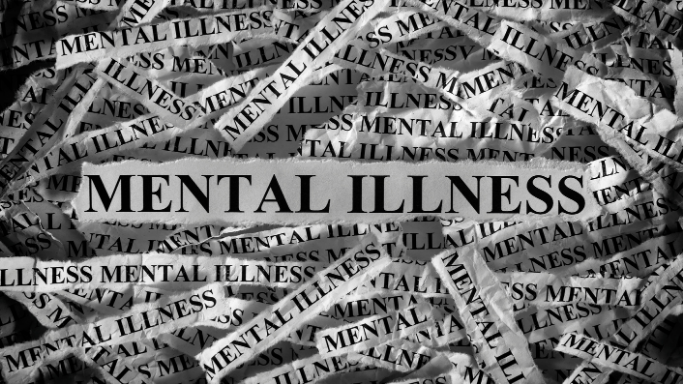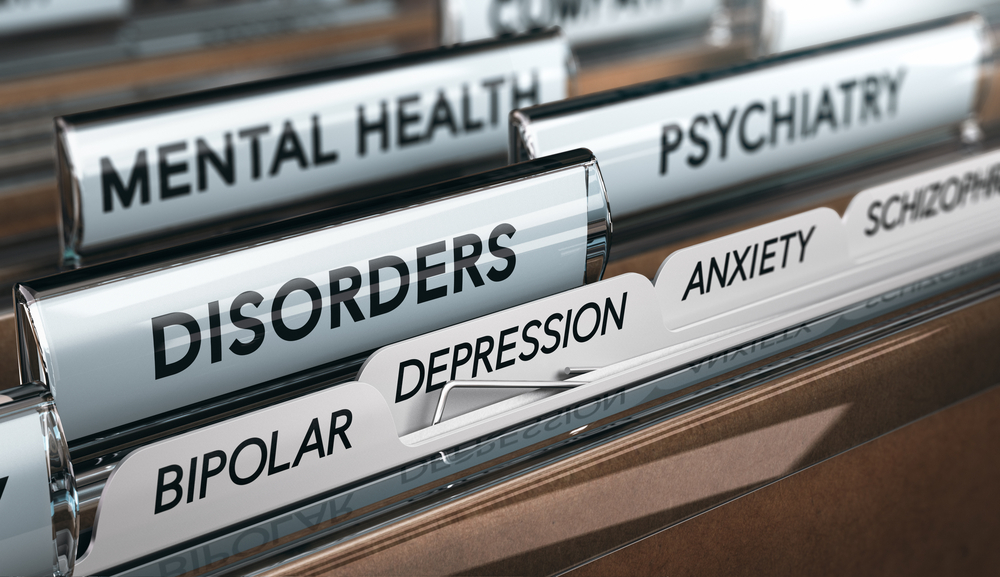Accepting A Mental Illness Diagnosis


Take a moment to think about yourself. Think of all the things that make up your personality, the behaviors that your character is comprised of, the qualities that you’re most proud of and the ones that you’d rather keep a secret. You use these things as a starting point. All of these characteristics are what make you who you are and although life may throw you a curve, at least you’ll always be sure of who you are, right?
After being diagnosed with a mental illness, it may make you feel less sure of who you are as a person. After all, you’ve spent your entire life trying to get to know yourself and just when you think you’re starting to get the hang of it, you’re being told that some parts of yourself weren’t actually you at all. They were actually imbalanced chemicals in your brain that were manifesting as personality quirks and idiosyncrasies. Now a doctor telling you something that feels like pulling the rug out from under your feet.
A mental illness diagnosis can feel scary, and even pretty lonely. For some who had suspected that something wasn’t quite right, a diagnosis can mean relief. But for those who hadn’t noticed the symptoms, this can be quite devastating news. Accepting your diagnosis is the first step, and most likely the hardest one. Denial, anger, confusion, fear, and sadness might all precede your acceptance, and that’s okay! All of these feelings can be overwhelming, but it’s so important to remember that there is treatment.
Stigma Makes It More Difficult
Because of the stigma surrounding mental illness, many people will start to believe that their illness is a flaw or worry about how others might perceive them if they choose to share their diagnosis. It’s key to your recovery to remember that your mental illness does not define you. You often hear people say, “I am bipolar” or “I am depressed,” but this is reinforcing the idea that you are defined by your illness. You are not your mental illness. You are a unique individual with thoughts and ideas and feelings who may just happen to have bipolar disorder or have depression, and that is totally okay. You are still you, and mental illness can’t take that away from you.
Almost 19 percent of the population in the United States suffers from a mental illness. That is roughly 43 million Americans who are fighting for recovery and against the stigma. It is a serious issue that needs to be addressed and accepted. Diagnosis is the first step down a sometimes very difficult path towards recovery, but it is often the bravest step of all. Don’t see being diagnosed as losing a part of yourself. See it as a chance to gain a better understanding of yourself and others.
Posted In:
Like this post? Don't forget to share it!
MORE RECENT POSTS



